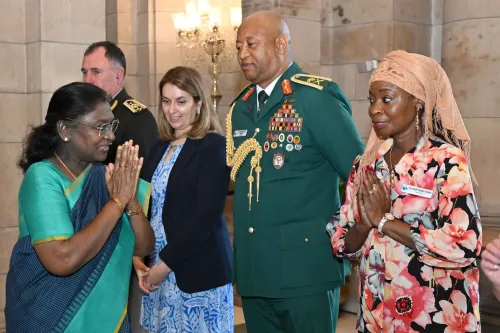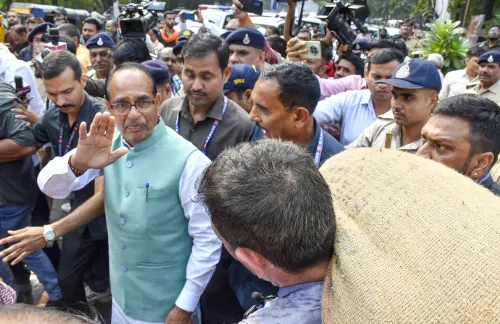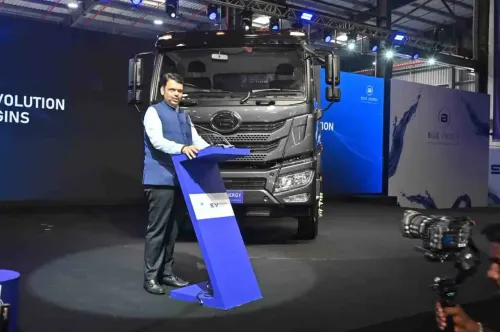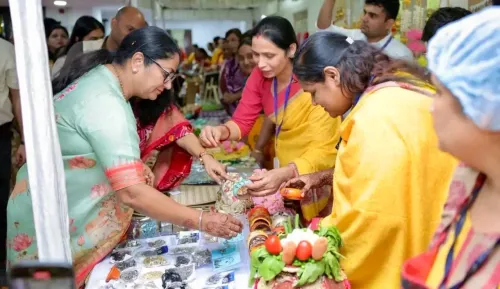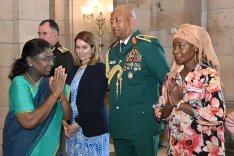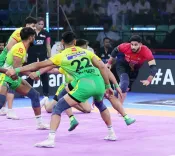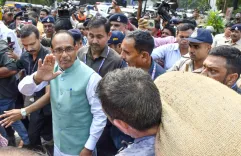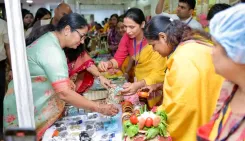Will Omar Abdullah Fulfill Promises Without Statehood?
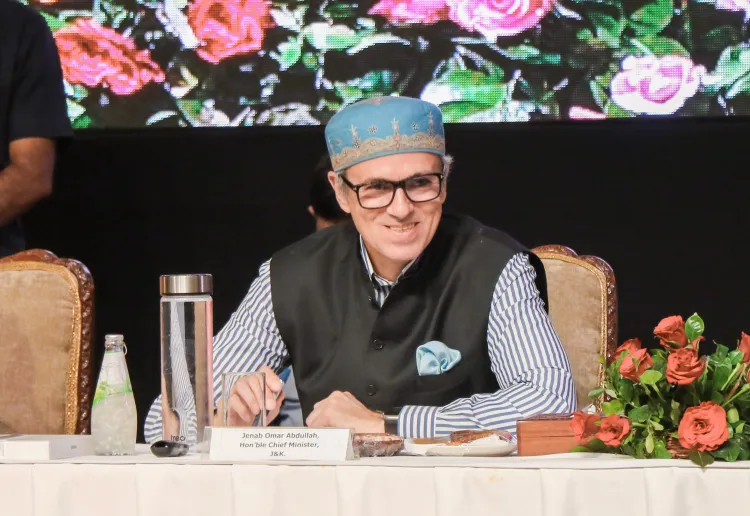
Synopsis
Key Takeaways
- Omar Abdullah's government has not fulfilled election promises in its first year.
- The call for statehood restoration remains a central issue.
- Local governance has been challenged due to administrative constraints.
- The Darbar Move practice is being reinstated.
- Ministers have been given more control over departmental decisions.
Srinagar, Oct 16 (NationPress) The elected government in Jammu and Kashmir, led by Omar Abdullah, marked its first anniversary on Thursday without delivering on the commitments made to the populace during the elections.
Nevertheless, leaders and spokespersons from the ruling National Conference (NC) argue that one year is insufficient to assess the government's performance.
Since assuming office, the Chief Minister, along with his cabinet colleagues and the NC, has consistently advocated for the restoration of statehood to J&K. During its inaugural session, the legislative assembly adopted a resolution calling for this restoration.
The central government has expressed its dedication to reinstating statehood for J&K, yet insists that it will occur at an appropriate time.
The Supreme Court is currently deliberating on a petition regarding statehood restoration, and during the last session, the apex court granted the Union government four weeks to submit its response.
Omar Abdullah has publicly stated that he is managing the government akin to a horse burdened with tied legs.
His father, Farooq Abdullah, the elderly president of the NC, remarked that governing J&K resembles walking on a razor's edge. Omar mentioned that all his administrative secretaries, who previously provided him with multiple options to achieve tasks, are now presenting excuses for inaction.
According to the constitution, Lt Governor Manoj Sinha has reiterated that he oversees law enforcement and order, and is aware of his boundaries, assuring he will not overstep.
Central services such as the IAS and IPS fall under the purview of the L-G, but only concerning their assignments.
As administrative secretaries of various departments, overseen by cabinet ministers and the chief minister, they are subordinate to the elected government's decisions.
The cabinet led by Omar Abdullah has resolved to reinstate the biannual practice of relocating high-level government offices between Srinagar and Jammu.
This century-old tradition, abandoned by the L-G, will see top government offices shut in Srinagar by the end of this month and resume operations in Jammu in November.
The decision to revive what is known as the 'Darbar Move' will be implemented as per the elected government's resolution. Recently, the administration executed 108 transfers of senior and mid-tier JKAS officials without any interference.
Various ministers are actively making decisions, conducting meetings, and overseeing departmental operations aside from the Home Department, retaining full authority over these sectors.
Education, healthcare, infrastructure, finance, and other domains, excluding the home department, are under the jurisdiction of the elected government.
All deputy commissioners and senior superintendents of police across the 20 districts of J&K, regardless of their affiliation with IAS, IPS, or JKPS, are mandated to execute all developmental directives from the elected government.
Despite these powers, ministers and NC leaders publicly assert that without the restoration of statehood, public issues cannot be effectively addressed in J&K.
The elected government announced an increase in the constituency development fund for MLAs from Rs 3 crore to Rs 4 crore, and this is currently being enacted.
It is widely accepted in J&K that while the central government must fulfill its promise regarding statehood, claiming that the elected government lacks authority serves as an excuse to avoid accountability for non-performance.
The sooner the elected government acknowledges its obligation to deliver results instead of attributing failures to the absence of statehood, the better it will be for the populace and those in power in J&K.

